Lifestyle factors which could half the risk of the world’s most common cancer in men
Some men are just unlucky to be born with an an increased risk of prostate cancer later in life due to an inherited gene or simply being tall. Even in these men, lifestyle factors can delay the diagnosis and influence the type of cancer they develop. There is a tendency for healthier men, even those with a genetic risk, to have less aggressive, more easily treatable types which present later in life. For other men the lifestyle and dietary tips summarised on this page could prevent cancer altogether – the evidence suggests
Lifestyle and dietary factors to reduce the risk of prostate cancer
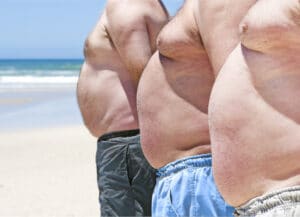
Ensuring adequate Vitamin D levels: Sunbathing in moderation, without burning, is the best way to increase vitamin D levels, which regulate several pathways affecting cancer, including hormone regulation, inflammation, and immunity. A recent study showed that for every 20 nmol/L drop in vitamin D below normal, there’s a 10% increased risk of CaP. Some foods contain small amounts of vitamin D such as oily fish or sun dried mushrooms. A winter holiday is a good way to top up levels; otherwise, vitamin D supplementation, especially if combined with a probiotic that enhances its effect, is a sensible alternative. A combination of lactobacillus and vitamin D is being tested in the latest nutritional intervention study


A few glasses of red wine a week has been linked to better gut health and a lower risk of CaP, probably due to its high concentration of a phytochemical called resveratrol. It must be noted, however, that consuming more than two drinks a day increases the risk of bowel cancer, and any amount of alcohol increases the risk of breast cancer.
Regular exercise for about 2.5 – 3 hours a week and avoiding long periods of sitting have been linked to a 30% lower risk of CaP. Any exercise which increases heart and breathing rates is good but it’s important to find an activity which is enjoyable, hence sustainable including running, brisk walking and even cycling.
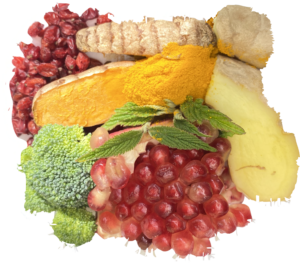
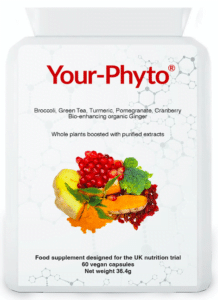
Reducing meat and particularly processed meat intake such as grilled sausages, bacon, sliced ham and tinned meats will reduce the risk by 20% compared to low or no meat eaters. Processed meats contain nitrites, toxic nitrosamines, heterocyclic amines and polycyclic aromatic hydrocarbons which increase inflammation and directly damage DNA, causing cancerous mutations.
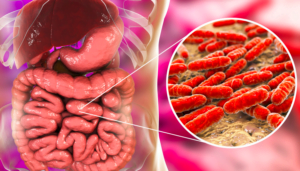
Ditch the processed sugar especially in drinks increases the risks of many diseases including CaP and adding sugar to tea or coffee negates their otherwise protective benefits.
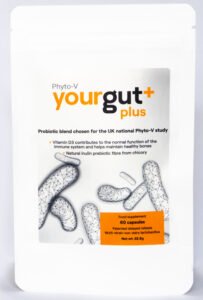
Being overweight or obese increases the risk of CaP but, like smokers, it is linked to more fatal high risk disease. The combination of abdominal obesity raised sugar, fats, blood pressure and inflammation, a condition called metabolic syndrome, is particularly harmful.
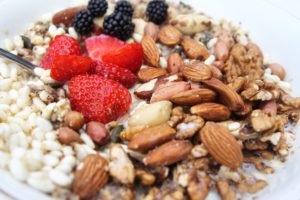
Cleaning teeth reduces chronic inflammation in the gums a strong driver of cancer cell growth. Studies show that men with poor teeth hygiene have higher benign prostate hyperplasia and cancer.
Be careful of vitamin E supplements as unlike natural phytochemicals from plants, vitamin E is a direct anti-oxidants that and can actually override and harm these defence processes. The SELECT and CARET studies, which gave Vitamin E to participants, both showed an increased risk of CaP . There are concerns with extracts of herbs such as cloves and spearmint which could affect androgen levels in a negative way.
Eating more unfermented soy products such as soy milk, tofu and edamame has been linked to a reduced risk of CaP. Interestingly, fermented soya products such as miso and tempeh, which are known to help reduce many other chronic disease has not been shown to help CaP. Concentrated soy extract in supplements cause hormonal changes which could increase CaP progression.
Eating oily fish 2-3 times a week has been linked to a lower CaP risk probably due to its omega 3 and mineral content but the evidence from two large studies suggests that it may be better to steer clear of fish oil supplements. There negative effect more-likely relates to excess vitamin E intake which is used as a preservative. Omega 3 can also be derived from flax and chia seeds and avocados and non-fish supplements made from algae.
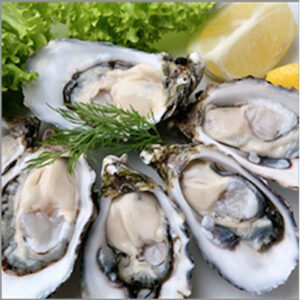
Avoid high intake of dairy products have been linked to a slightly higher risk but the may be related to their fattening effects. Certainly low quantities, such as in tea, carry very little or no risk as do fermented cheeses and yogurt provided individuals do not have lactose intolerance.
In conclusion, although we cannot yet prescribe, red wine, sex and winter holidays on the NHS, men can empower themselves to significantly reduced their odds of developing CaP. There is not just one magic habit which reduces the risk of prostate cancer but combination of several factors working together over a long period of time so the earlier men start the better.



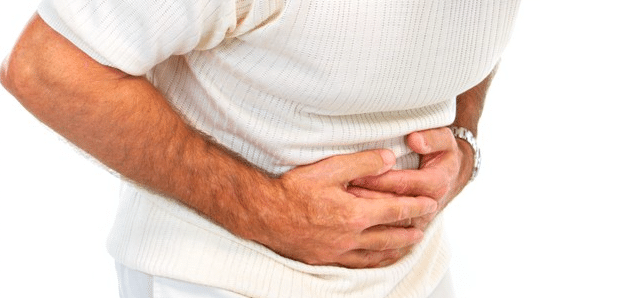
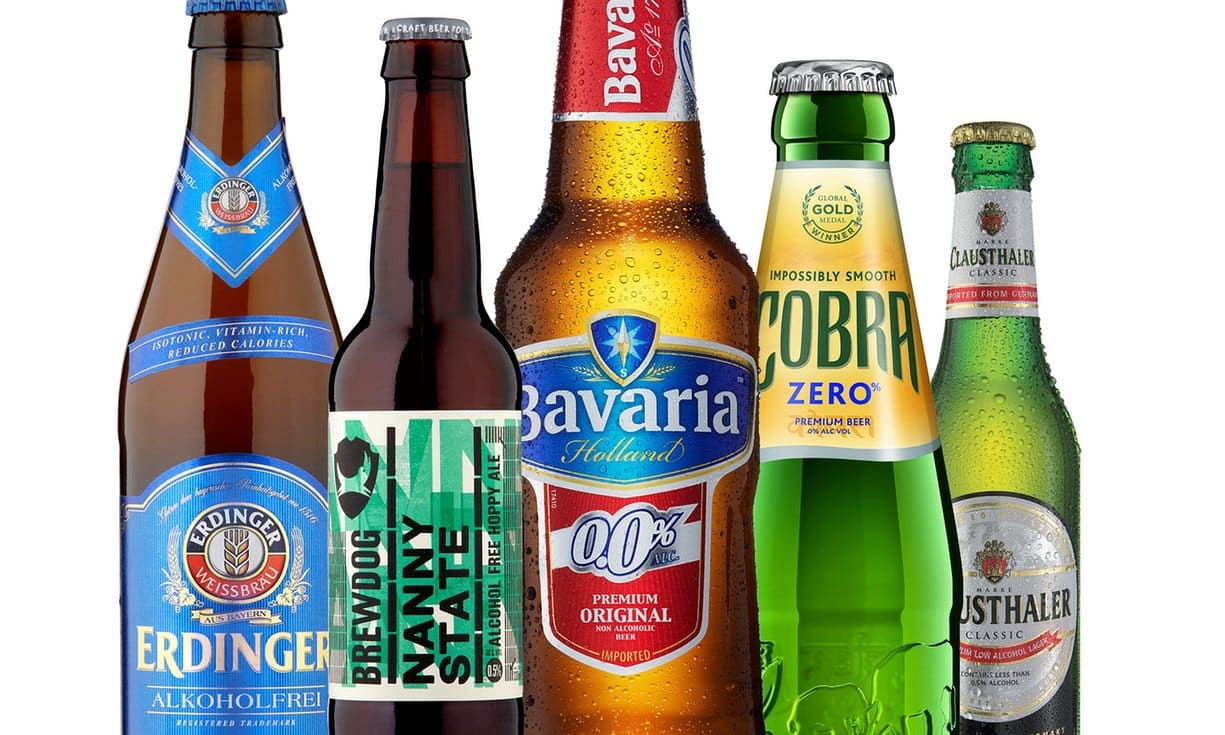


Leave A Comment
You must be logged in to post a comment.